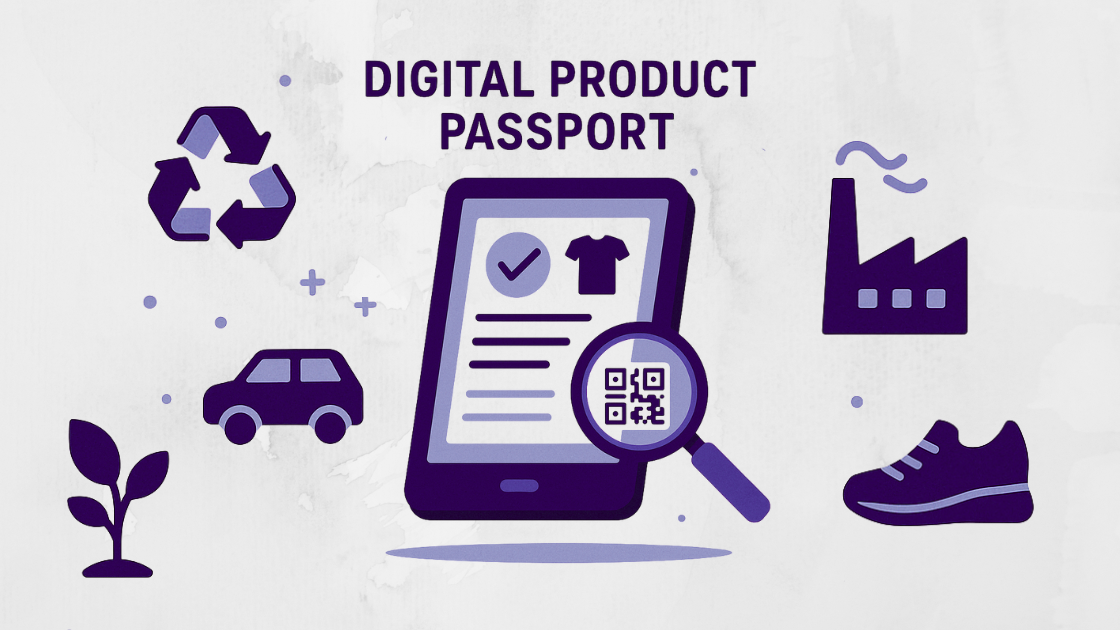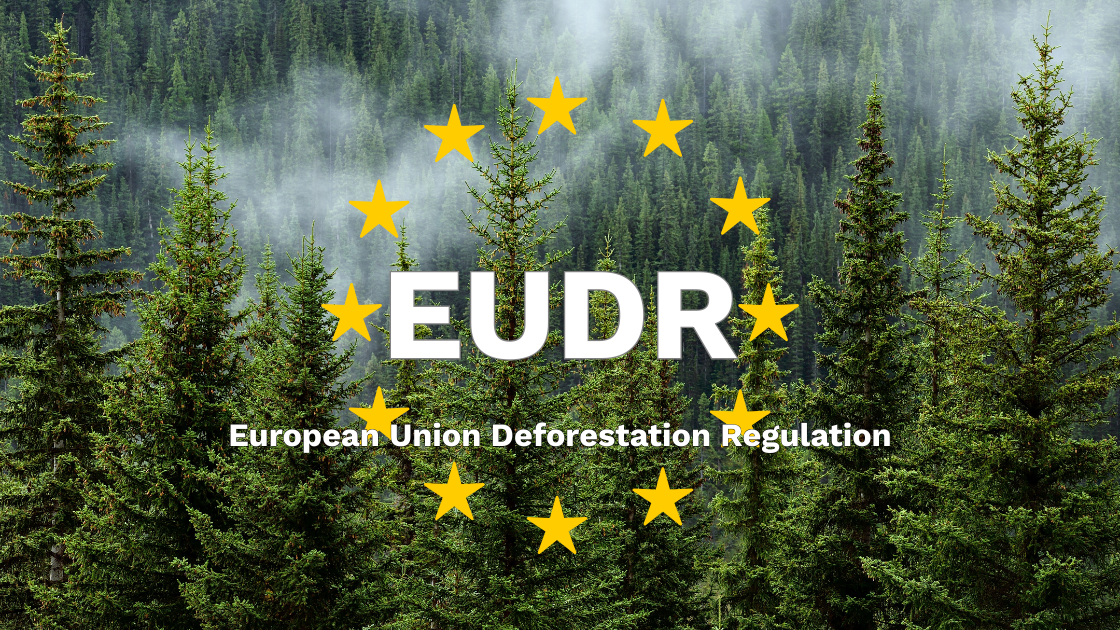Simplified ESRS standards for SMEs: Here's what you need to know
Now that the Corporate Sustainability Reporting Directive (CSRD) has become a requirement for large companies, they must start actively reporting on their activities around sustainability starting this year. But what about smaller companies? Fortunately, simplified European Sustainability Reporting Standards (ESRS standards) have been published for SMEs. Or at least, the first version of the proposal for these was published in mid-January.

Why the need for simplified standards?
The Simplified Standards are an important step towards global sustainability. It ensures that reporting for smaller companies will become easier and that sustainability decisions can be made more quickly. As SMEs are a huge part of our economy, it is very important to actively involve them in ESG reporting and the insights that come with it. From there, small businesses can formulate viable strategies to actively contribute to the transition.
Who is subject to the simplified ESRS?
Only listed SMEs have to comply with reporting requirements of CSRD. There are not that many of them in the Netherlands. In addition, they have to meet 2/3 criteria:
- More than 50 employees
- Balance sheet total > €5 million
- Net turnover > €10 million
Apart from this, all other companies have the possibility to disclose their sustainability initiatives voluntarily. Increasingly, this is being requested by banks, investors or stakeholders. To encourage this, EFRAG has created a voluntary, simple and standardised method of reporting on ESG issues, which will be known as Voluntary SME (VSME) ESRS.
The future will show how extensive the demand will become from these parties, but it is expected that (financial) frameworks such as the EU Taxonomy and the VSME ESRS will play a major role for SME Netherlands.
So what does this mean, these ESRS standards?
Although the simplified ESRS are still under development, the main features are, of course, already known. They are expected to focus on the following main features:
- Materiality for the business: SMEs will only have to worry about sustainability issues that have a direct impact on the business.
- Materiality assessment process: A simplified assessment format will be released in which companies can more efficiently assess their materiality.
- Reduction in topics: The simplified ESRS will consist of fewer topics than the ESRS itself.
- Simpler reporting framework: In line with the simplified ESRS, the reporting framework will also be modified.
Start immediately?
Regardless of the legal framework you want to comply with, from the CSRD to the GRI, Eevery can help you. Through our platform, you can easily measure, communicate and improve your sustainability using the CSRD/GRI/SDGs/ESG etc. Get in touch to find out more.



